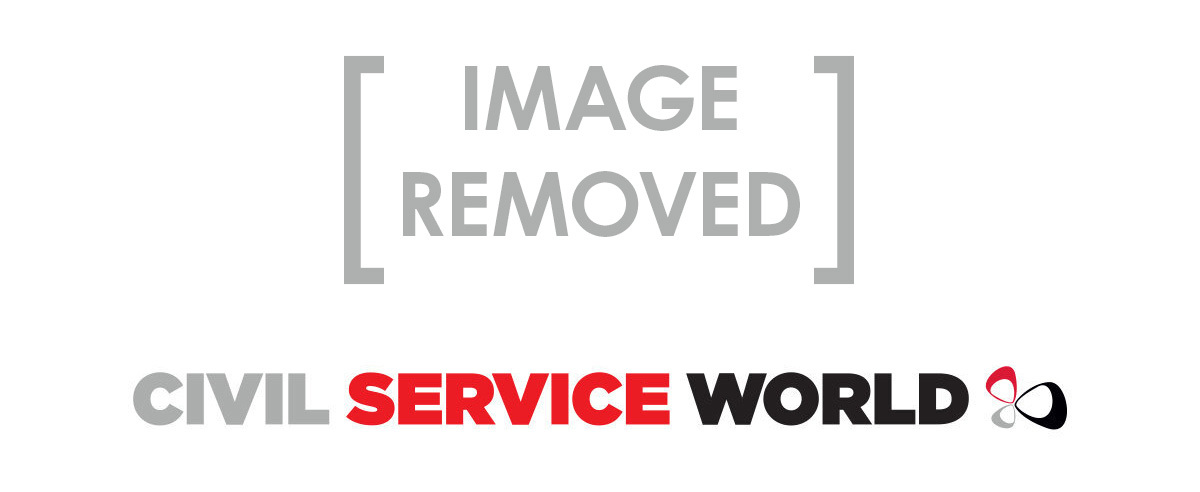With the end of 2018 fast approaching, we asked the UK's top civil servants to look back at the year, outline their goals for 2019 – and tell us who would turn on their town’s Christmas lights.
What was your highlight of 2018?
One of many highlights was being a judge at this year’s Diversity and Inclusion Awards. I’m passionate about our ambition to become the UK’s most inclusive employer by 2020, and the awards sent out a clear signal that we’re well underway on that journey. Being a judge was an honour but not easy, as the calibre of the winners – and indeed all the finalists and nominees – was exceptionally high. The inspiring range of diversity champions from across the civil service was a tribute to the work they’re all doing to “mainstream” diversity in our workplaces. Our latest statistics are also a tribute to how far we’ve come.
What was the hardest part of being a leader in 2018?
One of the hardest parts was putting in place a new model for learning. We laid the groundwork for this in 2017 but 2018 has seen the hard work of making it happen. It involved a complete reorganisation of our learning teams and I’m pleased and proud of the professionalism they showed throughout the process. In a nutshell, the new model has transferred much of the “ownership” for learning from the centre of government to learning and profession leads across the civil service. After all, they’re best-placed to lead changes in learning in their departments and they’ve already set up forums for communicating with each other. We’ve also established regular channels of communication with them, which we will build on in 2019.
Looking ahead, I’m excited about the further development of the Civil Service Leadership Academy and the complementary opportunities that the recently announced Centre for Public Service Leadership will create for sharing learning across the UK’s public services. I’d encourage people to read the taskforce report, which contains great insights about what makes leadership in public services distinctive.
“Artificial intelligence in the civil service should be empowering and skill enhancing but, as with any change, we need to educate and engage the whole workforce in order to succeed with it”
What are the main challenges facing your function in the coming year?
We need to continue the drive to work more smartly, which presents opportunities as well as challenges. Artificial intelligence – which is about making better use of data rather than replacing humans with robots – is already transforming our workplaces but we need to prepare people for it and ensure they know how to use it. Artificial intelligence in the civil service should be empowering and skill-enhancing but, as with any change, we need to educate and engage the whole workforce in order to succeed with it.
And we need to press on with delivering the Civil Service Workforce Plan, which touches many of the areas above, and covers important initiatives in other areas such as recruitment and reward. Finally, we have an amazing opportunity through the roll out of success profiles. But we mustn’t underestimate the effort that will be needed to embed this new way of doing recruitment.
 Which celebrity or historical figure would you choose to turn on the Christmas lights in your town, and why?
Which celebrity or historical figure would you choose to turn on the Christmas lights in your town, and why?
It has to be Rahul from The Great British Bake Off. But he’ll have to bring the Christmas pudding, too.